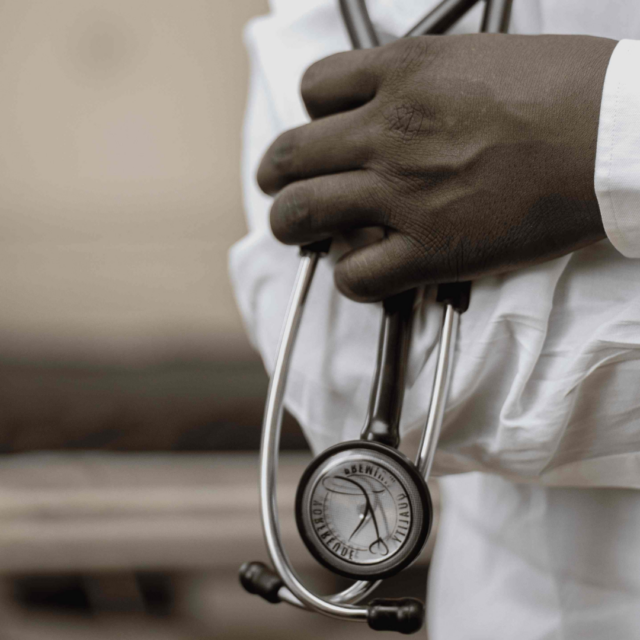Poverty remains a serious problem in Africa, and Nigeria is not an exception. Although the country is home to both rural and urban poverty, rural poverty contributes a greater percentage to the total number of poor people in Africa. In fact, most of those living in rural communities and in urban slums earn below the nationally defined poverty line.
The Sustainable Development Goals (SDGs) highlight the need to eradicate poverty and promote good health and well-being, and how all of these goals are interconnected. Health is a fundamental human right. Therefore, investment towards health should target achieving an efficient and sustainable health system. Healthcare systems in Nigeria, however, face different challenges ranging from neglect to underfunding. This inhibits the achievement of the universal health coverage (UHC) goal of making health accessible, available, and affordable. Here’s a closer look at how.
Existing barriers
The onset of theCOVID-19 pandemic and its economic implications, have further exacerbated the fragility of the African health care and delivery system, making it more vulnerable and disrupting existing health programs.
Resource limitations among impoverished populations is a major deterring factor in accessing quality health services.This contributed immensely to the high burden of communicable diseases and a change in maternal and infant mortality, among other prevalent diseases in Africa. Poverty negatively affects people’s health, reduces productivity, promotes anxiety and mental break-down, and increases susceptibility to illness and overall well-being. This ultimately affects the economic growth of the country and reduces the percentage of the working population.
Poor healthcare financing in Africa increases poverty, as well, as the majority of the population moves from one socioeconomic status to a lower level due to high out-of-pocket payment when accessing medical services. Despite the Alma Ata declaration of 1978 on UHC and the World Health Organization’s constitution on Health being a fundamental human right, there is still lack of protection against the financial risk associated with accessing healthcare services, health inequity, and access to poor-quality health services among vulnerable and hard to reach communities. This is why the Basic Healthcare Provision Fund, BHCPF was introduced to provide free minimum basic healthcare to the poorest and most vulnerable Nigerians.
Using a BHCPF as a solution
Population health and poverty reduction are connected. Building resilient health care delivery services at the primary health care (PHC) level which are comprehensive, integrated at all levels of care, and include essential public health services are necessary to improve population health outcomes and sustainable health for all.
Strong and robust PHC service financing helps mitigate the social and economic factors that impact health, thereby reducing the socioeconomic impact of accessing health. With the Basic Healthcare Provision Fund (BHCPF) providing free minimum basic healthcare to the most impoverished and vulnerable populations in Nigeria through the accredited Primary Health Centres (PHCs), there will be a reduction in out-of-pocket payments and the financial risk associated with those out-of-pocket payments.
ONE Activists’ role in implementing BHCPF in Nigeria
Quality healthcare is the right of every Nigerian, and implementing the complete phases of the BHCPF will take Nigeria one step closer to universal health coverage. A number of the states have completed these stages except for few, which include Lagos, Kogi, Rivers, Enugu, Cross River, and Akwa Ibom, according to our BHCPF tracker. Nevertheless, we need more actions targeted towards key stakeholders to promote and ensure this programme succeeds.
As ONE Champions and supporters, we all have a crucial role to play in ensuring the implementation of this programme across all states in Nigeria, including the Federal Capital Territory. Some of the actions we can take are:
- Driving change through social media platforms by ensuring you tag the right organization or individual.
- Advocacy visits and discussions with key stakeholders.
- Organizing grassroots campaigns and raising awareness.
- Educating others on the progress of BHCPF in your state.
- Mobilizing individuals to sign our petition.
The right to quality health services is the right of everyone and together we can Make Naija Stronger.
